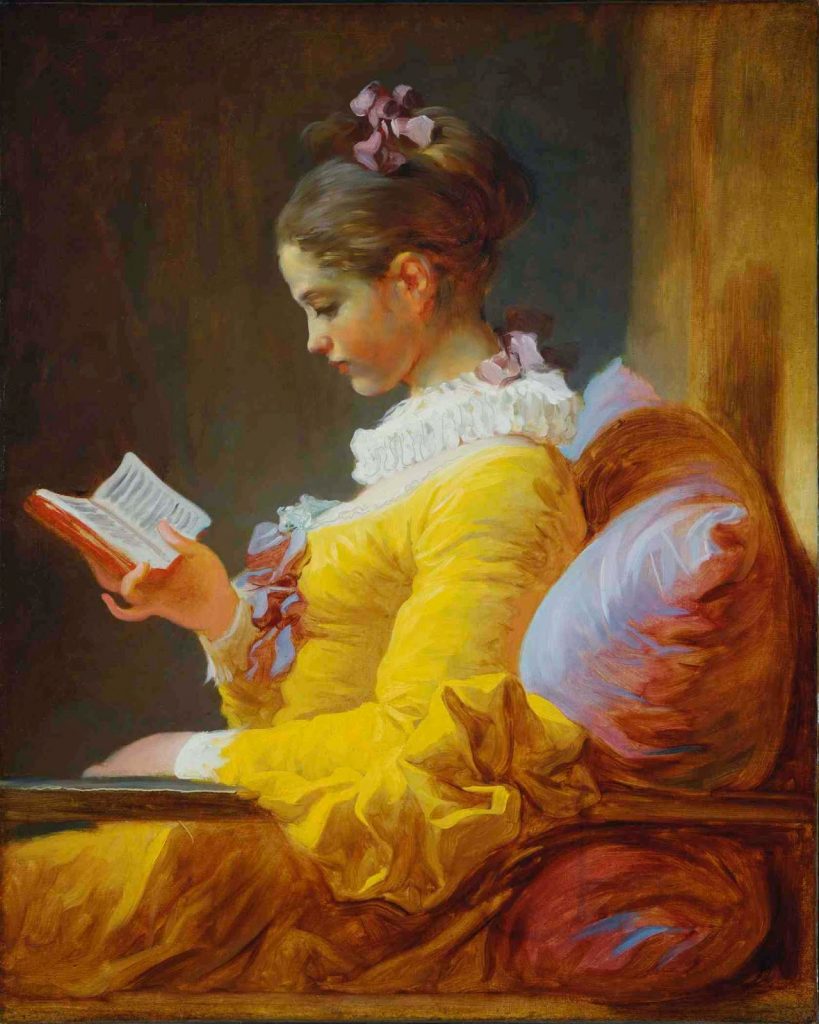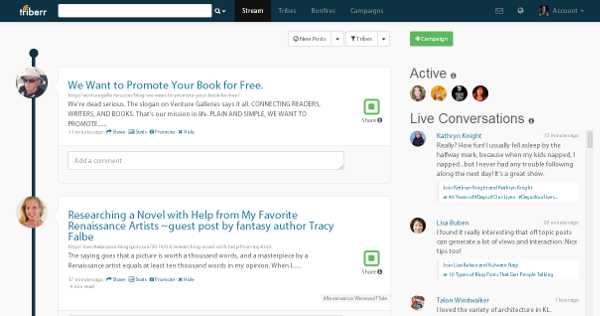By K D Grace
For those of you
who don’t know, I’ve been writing a new paranormal erotic series on my blog
called Demon
Interrupted. It’s one of the many stories I wanted to explore when I
finished writing the Lakeland Heatwave
Trilogy. I decided to try my hand with a serial and put the story out as a
freebie serial coming out every three weeks. Of course being back in the
magical Lake District, back with the Elemental Coven, got me thinking about sex
magic. Again. Still!
 I’m always
I’m always
struggling to get my head around why sex is magic, why human sexuality defies
the nature programme /Animal Planet biological tagging that seems to work for
other species that populate the planet. I don’t think I could write sex without
magic, and even if I could I wouldn’t want to. I’m not talking about airy-fairy
or woo-woo so much as the mystery that is sex. On a biological level we get it.
We’ve gotten it for a long time. We know all about baby-making and the sharing
of the genes and the next generation. It’s text book.
But it’s the ravenousness of the human animal
that shocks us, surprises us, turns us on in ways that we didn’t see coming.
It’s the nearly out of body experience we have when we are the deepest into our
body we can possibly be. It’s the skin on skin intimacy with another human
being in a world where more personal space is always in demand.
When we come together with another human
being, for a brief moment, our worlds entwine in ways that defy description. We
do it for the intimacy of it, the pleasure of it, the naughtiness of it, the
dark animal possessiveness of it. Sex is the barely acceptable disturbance in
the regimented scrubbed-up proper world of a species that has evolved to have
sex for reasons other than procreation. Is that magical? It certainly seems
impractical. And yet we can’t get enough.
We touch each other because it feels good.
We slip inside each other because it’s an intimate act that scratches an itch
nothing else in the whole universe can scratch. During sex, we are ensconced in
the mindless present, by the driving force of our individual needs, needs that
we could easily satisfy alone, but it wouldn’t be the same. Add love to the
mix, add a little bit of romance, add a little bit of chemistry and the magic
soup thickens and heats up and gets complicated. I don’t think it’s any
surprise at all that sex is a prime ingredient in story. But at the same time,
I don’t think it’s any surprise that it is also an ingredient much avoided in
some story.
Sex is a power centre of the human
experience. It’s not stable. It’s not safe. It’s volatile. It exposes people,
makes them vulnerable, reduces them to their lowest common denominator even as
it raises them to the level of the divine. Is it any wonder the gods covet
flesh? The powerful fragility of human flesh is the ability to interact with
the world around us, the ability to interact with each other, the ability to
penetrate and be penetrated.
So as I mull through it, trying for the
zillionth time to get my head around it, I conclude – at least for the moment –
that the true magic of sex is that it takes place in the flesh, and it elevates
the flesh to something even the gods lust after. It’s a total in-the-body,
in-the-moment experience, a celebration of the carnal, the ultimate penetrative
act of intimacy of the human animal. I don’t know if that gives you goose bumps,
but it certainly does me.








